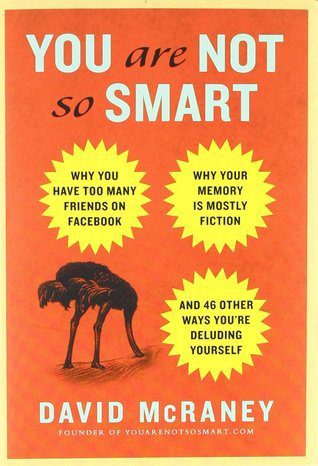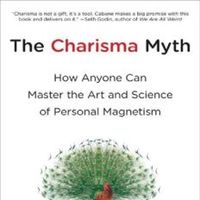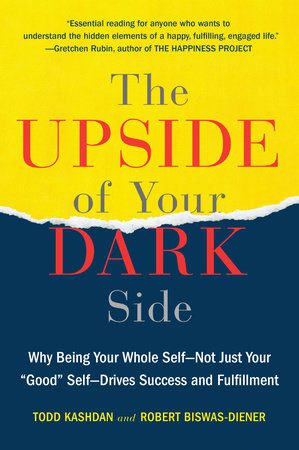The act of manipulating someone through deceitful, unjust, or cunning means is known as manipulation. It frequently incorporates strategies to influence someone’s feelings, ideas, or actions to accomplish a particular objective. Slight forms of manipulation include guilt or flattery, while visible forms include threats and orders. Manipulation has a bad reputation because of the possibility of exploitation and dishonesty, even though it can occasionally be used for good.
How Manipulation Affects People

Manipulation can have various effects on people, including positive and negative ones.
Positive Effects
- Manipulation can occasionally motivate people to act and accomplish their objectives.
- It can convince people to view things differently, resulting in beneficial changes.
Negative Effects
- When people realize they’re being manipulated, it can make them lose trust in others.
- People who are manipulated may experience tension, worry, and injured feelings, which can make them feel self-conscious.
- People may become frustrated and resentful as a result of feeling as though they have no control over their own decisions.
Advantages and Disadvantages of Manipulation
| Advantages | Disadvantages |
|---|---|
| Helps in achieving goals | Loss of trust |
| Motivates others | Damage relationships |
| Persuades someone | Makes you doubtful |
| Helps in getting desired actions | Hurts people |
| Makes strong bonds when applied positively | Deceitful and unethical |
| Helps in achieving a convincing personality | Leads people to stress, anxiety and sometimes depression |
Best Books on Manipulation You Should Must Read
The 48 Laws of Power
Author: Robert Greene

Robert Greene outlines 48 strategies used by powerful figures throughout history to gain and maintain power. Based on real-world examples from many cultures and historical periods, this book provides 48 tactics for acquiring and retaining power. Stories of well-known people who effectively applied these tactics are provided for each law, offering a comprehensive grasp of how power dynamics operate.
You Are Not So Smart
Author: David McRaney

In this book, author David McRaney examines the various ways we might fool ourselves. The author argues that we deceive ourselves every day, for better or worse, and questions the idea that we are logical, rational beings who see the world as it truly is by exploring a wide spectrum of psychological research.
The Charisma Myth
Author: Olivia Fox Cabane

The Charisma Myth rejects the widely held belief that charisma is inherited, contending that anyone can develop their charisma and, as a result, be more successful, have a positive attitude, and overcome challenges more skillfully. The book includes a variety of methods and activities to help enhance psychological well-being in addition to outlining the various types of charisma and how to practice exhibiting each one using a wide range of examples of charismatic individuals, including state leaders, CEOs, and employees.
Mindwise
Author: Nicholas Epley

Author Nicholas Epley examines our capacity for “mind reading” in his book Mindwise, claiming that we overestimate our capacity for this skill. He offers a completely fresh viewpoint on how to deal with your stereotypes as well as those of others, and he exposes the typical errors we make when attempting to understand the thoughts, feelings, and desires of others.
The Upside of Your Darkside
Author: Todd Kashdan and Robert Biswas-Diener

This book explores the deepest recesses of the human psyche, only to find that the difficult feelings we frequently want would go away such as wrath, anxiety, and guilt which can occasionally hold the secret to our success. The Upside of Your Dark Side, which is supported by numerous fascinating scientific investigations, clarifies that psychological health involves completeness as compared to happiness.
Conclusion
Understanding manipulation is essential for skillfully managing social circumstances. These books offer insightful analysis and useful advice that will assist you in identifying and handling manipulation in professional or interpersonal environments, as well as through technology. Enjoy your reading, and never forget that education is key to success!
FAQs
Who is the master of manipulation?
Master manipulators are those who have dedicated their lives to taking advantage of other people to fulfill their desires and needs. They may go above and above to impress others in the beginning, but their relationships eventually come to an end.
Is manipulator a smart person?
Intelligent individuals are frequently skilled manipulators who use subtly aggressive tactics to achieve their goals. Additionally, they are quite adept at deceit, which can make it challenging to recognize their actions in the first place.
What is the worst type of manipulation?
Making you doubt your thoughts, your self-confidence, your sanity, your emotions, and even your identity is the worst type of manipulation.

Dheraj Behram is an aspiring educational leader from a remote village in South Punjab, currently pursuing a master’s degree in Educational Leadership in the US. With extensive experience collaborating with world-renowned educationists, Dheraj’s scholarly interests are the intersection of education and technology, particularly the benefits of partnerships in this area, the use of AI in education, and technologically advanced instructional design strategies.


Pingback: 5 Most Important Books To Read In Your 20s